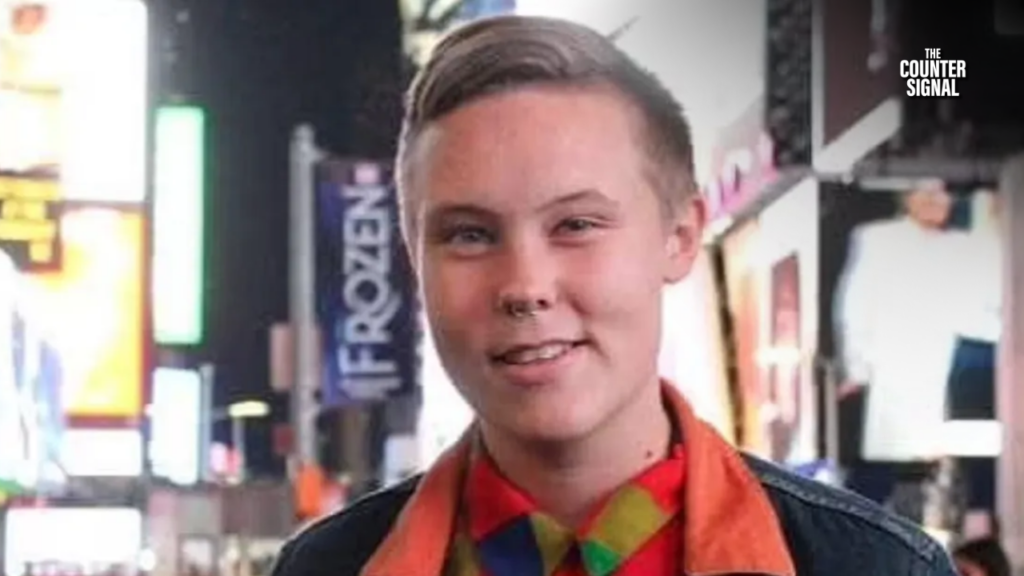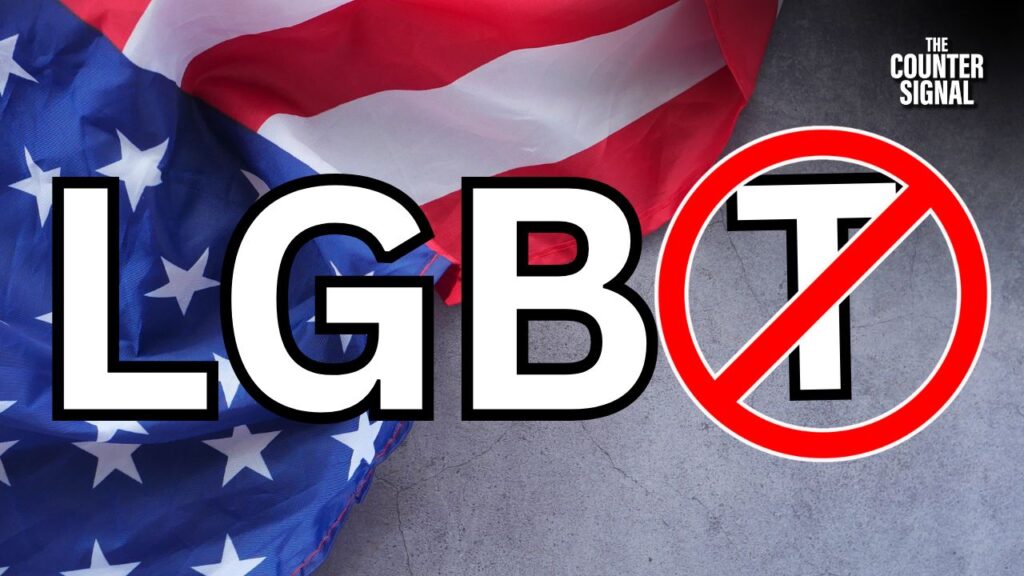Manluk Theatre, located in Wetaskiwin, Alberta, canceled a recent Pride event due to concerns about youth participation.

After realizing that the Pride event to be hosted in their venue involved minors, Manluk Theatre canceled the show and questioned the organizers’ intentions.
A representative of Manluk Theatre asked, “Why do you people have to involve children in this?” according to Dragging Youth, a social media account facilitating the event.
Additionally, Manluk Theatre stated that the organizers were “grooming the sexuality of kids” and ultimately chose to cancel the show.
Dragging Youth posted details of the conflict on their Facebook page, warning users to “please be aware of some triggering language” before reading.
“This decision is based on an uneducated, narrow-minded, intolerant ideology that an all-ages drag show with youth performances ‘grooms’ queer sexuality (their words) and lifestyle in kids and other youth,” they posted, adding that Manluk should be “ashamed of themselves for being such narrow-minded, bigoted, ignorant fools!”
Dragging Youth went on to call Manluk Theatre “homophobic” and the very definition of prejudice while encouraging their followers to send mass emails to the venue to share their “disgust.”
Drag “Saves Lives”
Furthermore, Dragging Youth claimed they “literally save lives” and accused the theatre of “denying youth improvements to their mental health.”
“Dragging Youth shows provide a loving, family-friendly, and safe environment for people of all ages to express themselves artistically. Many of the Dragging Youth performers have improved their mental and physical health with the assistance of drag and Dragging Youth shows,” they posted.
Contrary to their claims, a massive study spanning 15 years recently showed that the majority of “trans kids” are just confused and eventually grow out of it.
The study involved 2,772 children and began when participants were just 11 years old. Researchers found that while 11% reported gender non-contentedness in early adolescence, this figure decreased to a mere 4% by age 26.
As per the authors: “We found that gender non-contentedness is most common around the age of 11 and that the prevalence decreases with age.”










